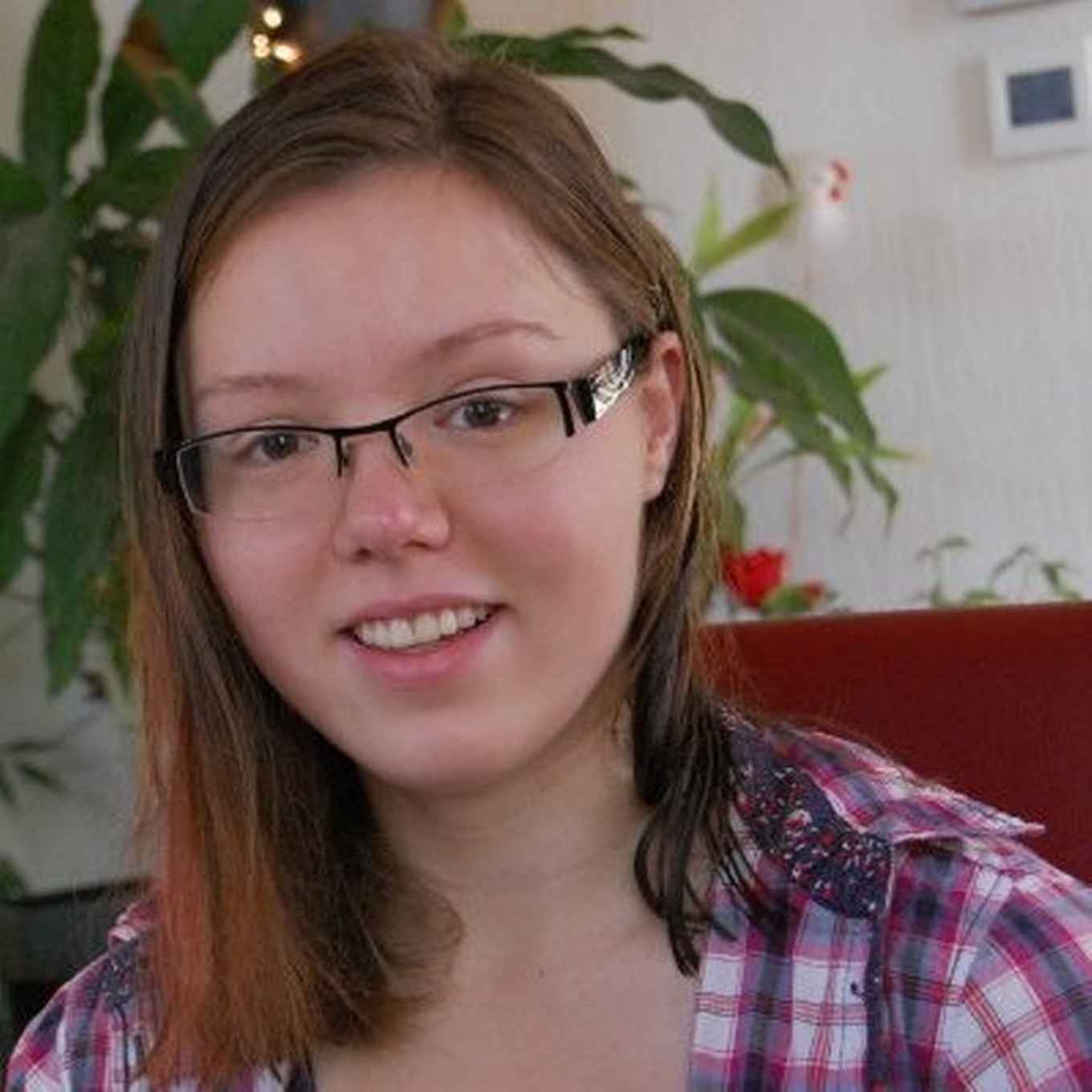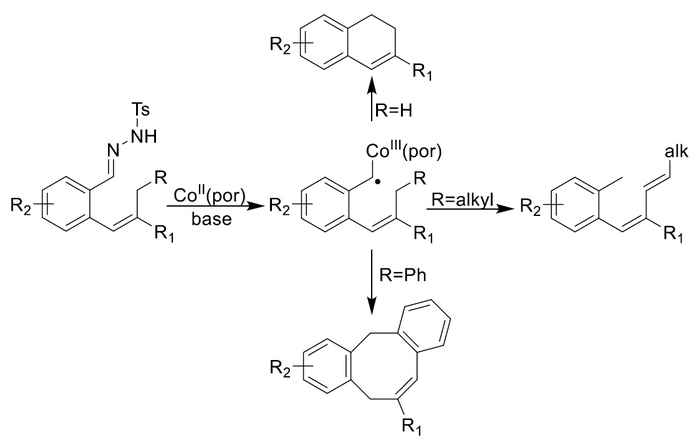Colet te Grotenhuis runner up in best lecture competition
13 March 2017

Te Grotenhuis is in the last year of her PhD education under the supervision of Prof. Bas de Bruin of the research group Homogeneous, Supramolecular, and Bio-inspired Catalysis. In her NCCC lecture she presented the results of her research into the use of cobalt porphyrin catalysts for the synthesis of 2H-naphthalenes, dienes and cyclooctenes. She showed how only modest variations in the substrate resulted in the selective synthesis of the various products, all in good to excellent yields.
Sustainable synthesis
The research of Te Grotenhuis illustrates the opportunities of using first-row transition metals in catalysis that currently relies on noble group metals which are scarce and expensive. In the light of the growing need for sustainable synthesis methods in a growing world population with growing demands for chemical products, first-row transition metal catalysis can offer a viable alternative.
However, their reactivity is very different to that of the less sustainable catalysts based on second- and third-row metals. Rather than with two electrons, first-row transition metals usually react with one electron at a time, leading to radical intermediates. Using the reactivity of these radicals and being able to control them is what the HIMS chemists in the group of Prof. Bas de Bruin aim to do.

About NCCC
NCCC, the annual Netherlands' Catalysis and Chemistry Conference, attracts about 500 participants, including around 100 scientists from industry. The meeting comprises plenary and keynote lectures by invited speakers, and selected oral papers and posters. Scientists, and especially PhD-students, are encouraged to present their work, discuss it with leading scientists and representatives from industry.
About NIOK
The abbreviation NIOK stands for ‘Nederlands Instituut voor Onderzoek in de Katalyse’ (Netherlands Institute for Catalysis Research). It is a virtual institute consisting of Dutch university groups active in all areas of catalysis. It is a nationwide graduate school (‘Onderzoekschool’) which fosters the advancement of both higher education and research and stimulates collaboration between scientists of different disciplines and Universities. NIOK acts as the platform and sparring partner for national and international contacts on catalysis with academia, industry and government.